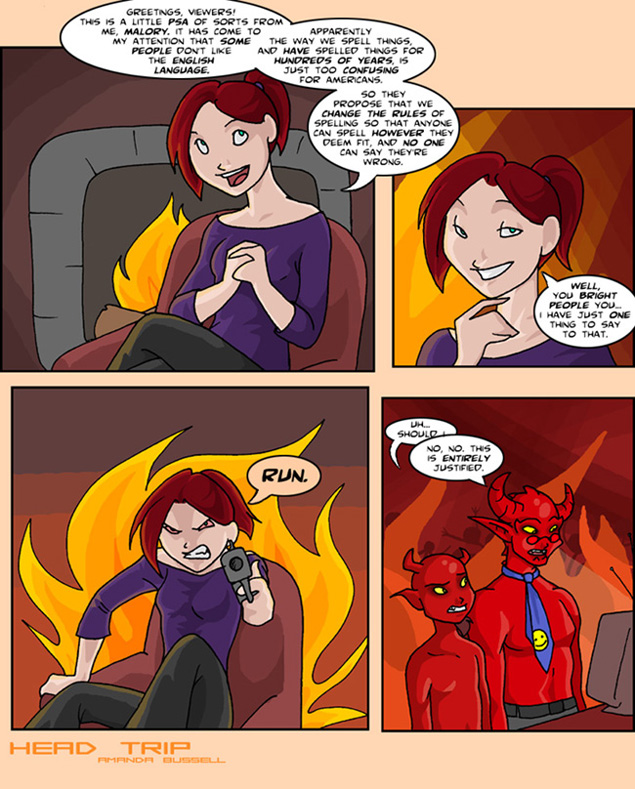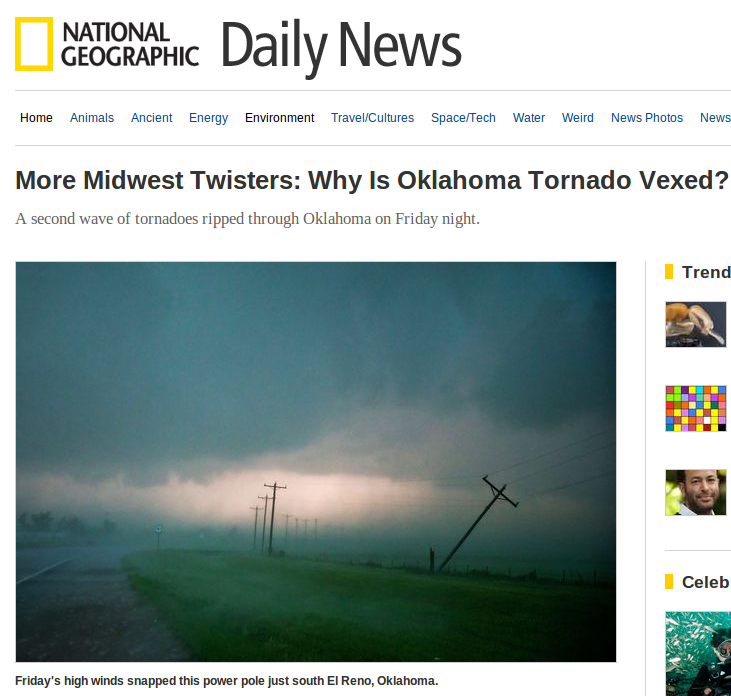While exploring the history of "hippie punching", I came across this passage:
One day when I was but a young boy, I was walking down the street with my dad to the hardware store. He suddenly stopped, crossed the street and punched a man. When he returned, I ask, "Father, why did you punch that man?"
He turned to me and said, "That's a stupid question." Then he punched me.
It was a stupid question, because who my dad punched was a hippie. Back then, everyone knew that you punched hippies, but I've noticed that this knowledge may not be being passed on to the next generation. [emphasis added]
Michael Watts commented
I'm interested in the apparently full clause "who my dad punched was a hippie". I'm aware of this form, but in my mind it's not permitted in modern standard english; I would have to say "the man [or other noun] who my dad punched was a hippie".
And Eric P. Smith agreed:
I agree that “who” as a fused relative is not standard. Cambridge Grammar of the English Language (2002) is surprisingly categoric: “We cannot say, for example, *Who wrote this letter must have been mad.” (Page 1076). But I think it is growing, and I think it crossed the Atlantic eastwards. I first saw it about 3 years ago in a notice in Edinburgh University Library: “If we can't help you, we’ll put you in touch with who can.”
This might be called the "who steals my purse steals trash" construction, or perhaps the Iago clause; and Geoff Pullum commented on a modern case in "Can I help who's next?", 12/4/2005.
Read the rest of this entry »




